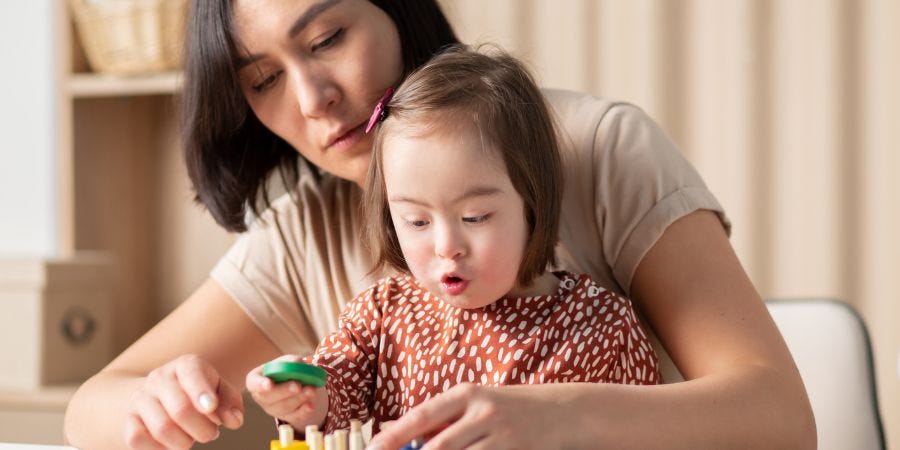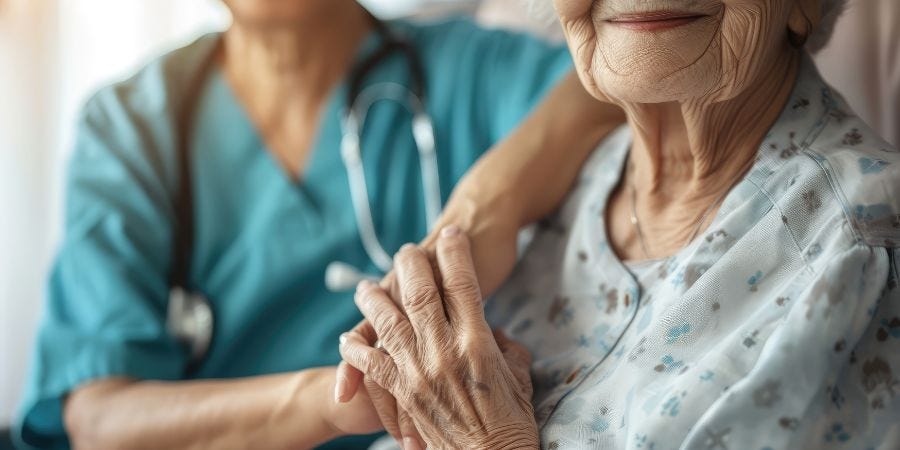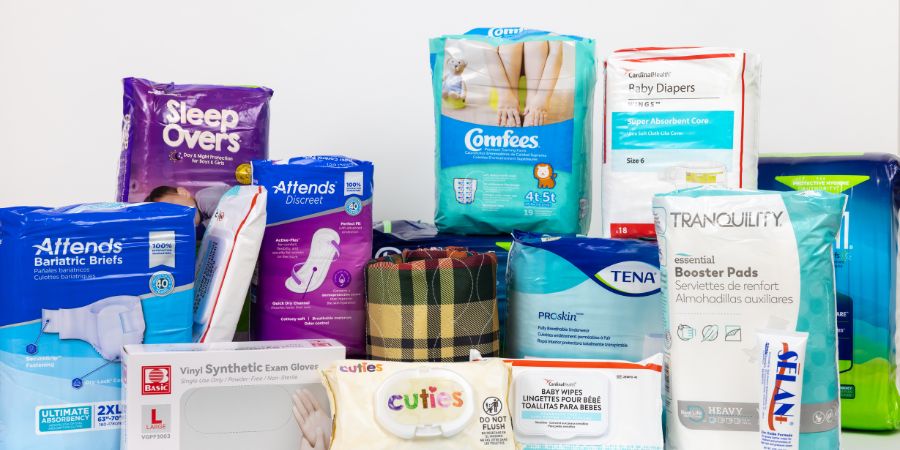Key Takeaways:
- Adults with incontinence often face significant financial challenges affording necessary products, impacting their ability to cover essential expenses.
- Inadequate access to incontinence supplies leads to mental health issues and physical health problems, such as anxiety, depression, and infections.
- Increasing awareness, advocating for better healthcare coverage, and community support are crucial to closing the diaper gap.
Incontinence is a condition that affects millions of adults worldwide, causing them to experience difficulties in controlling their bladder or bowel movements.
While this health issue can be challenging on its own, there is an additional burden that many adults with incontinence face: Accessing and affording incontinence products that are essential to their health and well-being.
Check Your Eligibility
In Less Than 2 Minutes
Discover the adult incontinence products available through your insurance.
The unfortunate reality is that the cost and availability of incontinence products pose significant barriers for a large portion of the population, forcing them to grapple with a myriad of physical, emotional, financial, and social challenges. This problem is known as the diaper gap or diaper need.
In this article, we’ll shed light on the often-overlooked consequences that adults with incontinence endure when they lack the financial means or access to the necessary tools for managing their condition.
What Is the Diaper Gap?
The diaper gap is a health crisis affecting individuals with incontinence. Incontinence– the loss of bladder or bowel control that results in unintentional leakage of urine or feces– can happen to children, adults, seniors, and people with disabilities or certain medical conditions. Managing incontinence symptoms like leakage requires supplies, such as adult briefs, diapers, protective underwear, pull-ups, bladder pads, and supplemental items.
Due to high costs and other factors, such as the after effects of the pandemic, limited healthcare coverage, poverty rates, racism, and ableism, those with incontinence struggle to afford the products they require. Without these products, individuals can experience negative mental and physical side effects, as well as significant financial issues.
Who Has Incontinence?
Anyone can develop incontinence for a variety of reasons, including:
- Hormonal changes (menopause, pregnancy, menstruation, hormone therapy).
- Childbirth
- Toilet training delays.
- Neurological conditions (Parkinson’s disease, Alzheimer’s disease, spinal cord injury (SCI), etc.).
- Aging
- Obesity
- Diabetes
- Prostate problems (benign prostatic hyperplasia (BPH), prostate cancer, etc.).
- Urinary tract infections (UTIs).
- Special needs (Down syndrome, autism, etc.).
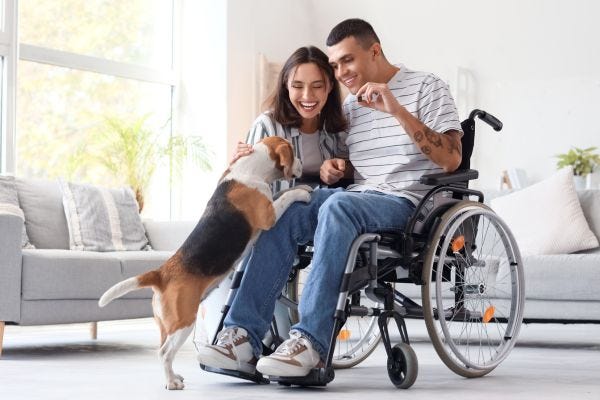

Many adult men and women have incontinence that can be due to any of the above causes. Urinary incontinence is especially prevalent among middle-aged women, but it’s also common among men of the same age. Older adults develop bladder and bowel control issues due to the natural process of aging, making incontinence prevalent among seniors.
While many adults experience temporary incontinence symptoms due to medical conditions, adults with disabilities, such as autism, are very likely to experience incontinence, and some may manage symptoms throughout their lifetimes.
How Does the Diaper Gap Affect Adults?
Living without essential incontinence products can cause a myriad of issues for adults and older adults, including mental, physical, and financial challenges.
Impact On Mental Health
One of the primary concerns faced by adults without access to affordable incontinence products is the constant worry of embarrassment and public humiliation. The fear of leakage, odor, or visible signs of incontinence can lead to self-isolation and withdrawal from social engagements, causing a detrimental impact on their mental well-being and overall quality of life.
Due to the stigmas that surround incontinence, many adults also feel ashamed about their condition and therefore refrain from discussing symptoms with family, friends, and even healthcare providers. Adults may also develop anxiety, stress, depression, and shame while managing their condition.
In a study conducted by Aeroflow Urology, respondents who struggled to afford incontinence products or cared for someone with incontinence reported feeling anxiety, stress, depression, and shame.
- 38.93% reported feelings of stress or anxiety.
- 16.29% reported depression.
- 11.27% reported feelings of shame.
Living without enough incontinence supplies also causes adults to self-isolate to avoid embarrassing accidents in public. Individuals in the Aeroflow Urology study reported missing important events or social activities because they didn’t have enough incontinence products.
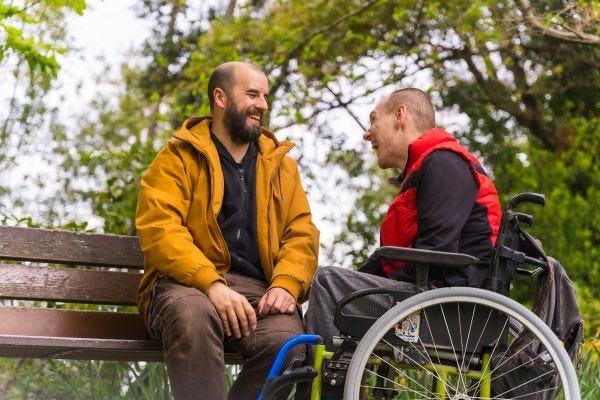

Lack of supplies can also lead to adults missing work, resulting in missed income and less money to spend on incontinence products, placing them deeper in incontinence product need.
Impact On Physical Health
The physical discomfort resulting from inadequate incontinence products is a harsh reality for many adults. Without access to the proper absorbent products, individuals may experience general discomfort and serious health concerns, such as:
- Skin irritation and skin breakdown.
- Infections, like UTIs and genital infections.
These issues arise from reusing soiled incontinence products, wearing them for longer periods than recommended, or using household items to soak up leaks. When faced with medical problems such as these, many adults who live on low income may not seek the proper care or treatment because they cannot afford it. This can lead to more severe complications and even hospitalizations.
Financial Impact
The financial strain associated with purchasing incontinence products can be overwhelming for individuals already facing economic hardships. In many cases, adults are forced to choose between essential daily expenses such as food, rent, and utilities, and the cost of managing their incontinence effectively. The burden of these difficult choices can further perpetuate a cycle of poverty and limited opportunities for those affected.
Impacts On Adults With Disabilities
Adults with disabilities are one of the most overlooked groups living in the diaper gap. These individuals may never gain control over their bladder or bowels due to their condition, and may require incontinence products their entire lives, which can cost millions of dollars out of pocket. Adults with special needs may also face ableism, resulting in less employment opportunities and less access to appropriate resources, placing them further in the diaper gap.
How You Can Help Close the Diaper Gap
It is essential that we address this issue with compassion and understanding, striving for solutions that ensure every adult with incontinence has access to the necessary products and support. By shedding light on this unspoken struggle, we can inspire greater awareness, empathy, and collective action to alleviate the hardships faced by adults who find themselves unable to afford or access the incontinence products they require to manage their symptoms effectively.
Individuals with incontinence need your help to end incontinence product scarcity. To help close the gap, you can:
- Sign our petition. Our petition aims to expand insurance coverage for incontinence products for people of all ages. Help reach our goal by signing today!
- Donate. You can donate much-needed adult incontinence supplies to your local diaper bank.
- Advocate. Reach out to your state representatives to advocate for Medicaid and Medicare expansion for those with incontinence.
- Educate. Educate yourself and your loved ones about incontinence and spread awareness about the ongoing health crisis.
- Speak openly. Destigmatize the topic of incontinence by discussing it openly and without judgment.
Disclaimer
Information provided on the Aeroflow Urology blog is not intended as a substitute to medical advice or care from a healthcare professional. Aeroflow recommends consulting your healthcare provider if you are experiencing medical issues relating to incontinence.





